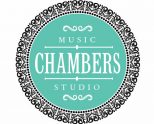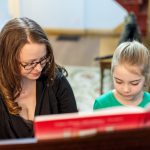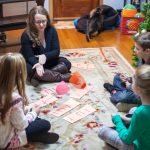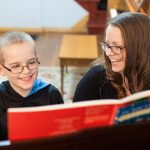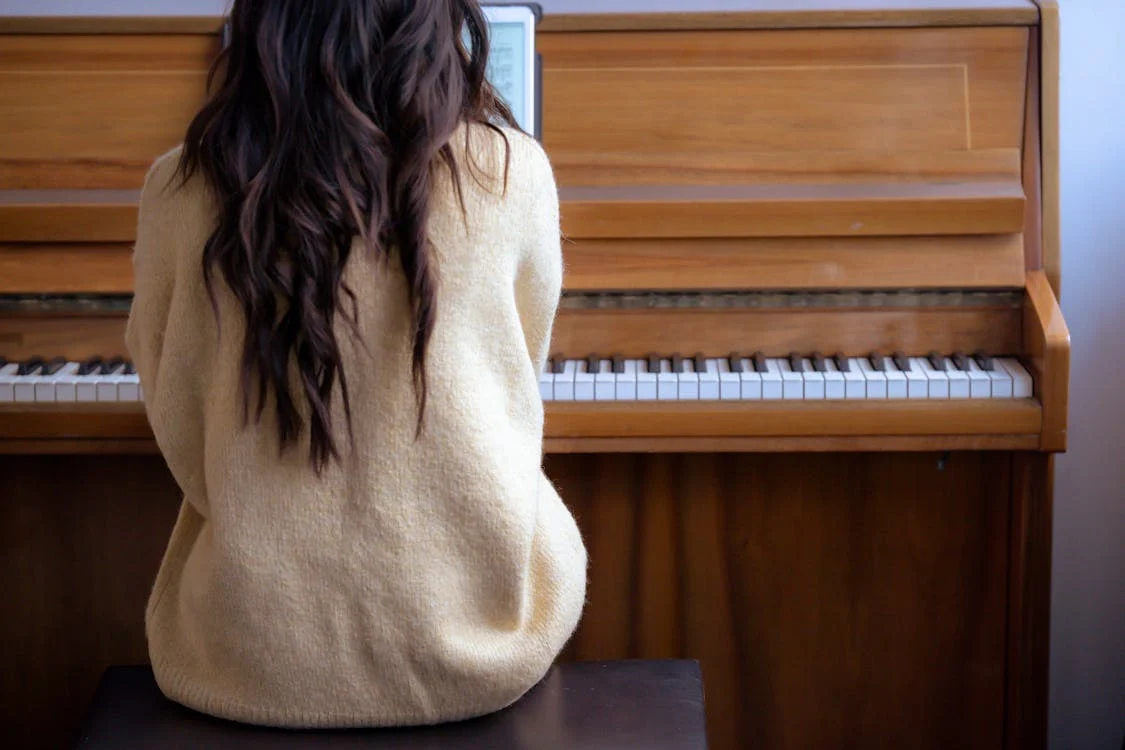
One of the most common concerns we hear from families is:
“My child isn’t practicing much at home—should we pause lessons?”
Here’s what we want you to know:
Students can continue to develop musically—even with irregular practice—as long as they attend lessons consistently and stay engaged.
While practice is valuable, it doesn’t have to look like an hour-a-day solo session. In fact, for many students, that’s not developmentally realistic. What matters most is consistent exposure, thoughtful guidance, and a teacher who helps them build skills over time.
🎵 Why Lessons Still Matter (Even During a Busy Week)
Private lessons aren’t just about reviewing what happened at home. They’re a powerful space for:
- Live modeling of technique and expression
- Real-time feedback and correction
- A safe environment for creative play and musical growth
- Accountability, even during busy seasons
- Explicit instruction on how to practice effectively
In every lesson, our teachers teach students how to practice, not just what to practice. This includes strategies like chunking music into smaller sections, slow repetition, using recordings, and goal-setting. Even when practice time is limited, this guidance helps students get more from each minute they do spend at home.
🧠 What the Research Says About Practice Readiness
It turns out, how students practice—and when they’re developmentally ready to do so independently—matters just as much as how often they practice.
According to developmental research and leading pedagogical models:
Ages 3–6: Early Beginners
- Need significant parental involvement.
- Can’t self-regulate or plan practice time.
- Progress best when practice is playful and parent-led, using teacher-modeled language and games.
Ages 7–9: Emerging Independence
- Beginning to develop planning, memory, and task focus.
- Can practice short, specific tasks with guidance.
- Benefit from charts, recordings, and fun challenges (like “practice bingo”).
Ages 10–13: Growing Autonomy
- Can handle longer sessions with goal-setting and reflection.
- Need help building metacognition—thinking about how they’re practicing.
- May dip in motivation and benefit from variety or performance goals.
Ages 14+: Practicing Independently
- Most teens can self-manage if they’ve been taught how.
- Still benefit from teacher check-ins and strategies like segmenting, slow practice, and self-recording.
- Stay engaged through personal goals (recitals, songwriting, ensembles).
💡 Success Isn’t Just About Perfect Practice
At Chambers Music Studio, we don’t define success by how many minutes a student logs at the piano. We define it by:
- Showing up to lessons with curiosity
- Taking small steps toward independence
- Staying connected to the joy of making music
So if your child is having a tough practice week—or month—that’s okay. What matters is that they come to their lesson. We’ll meet them where they are, give them tools they can use, and help them rediscover their musical spark.
Music is a long game. And there’s room for all kinds of rhythms along the way. 🎶
